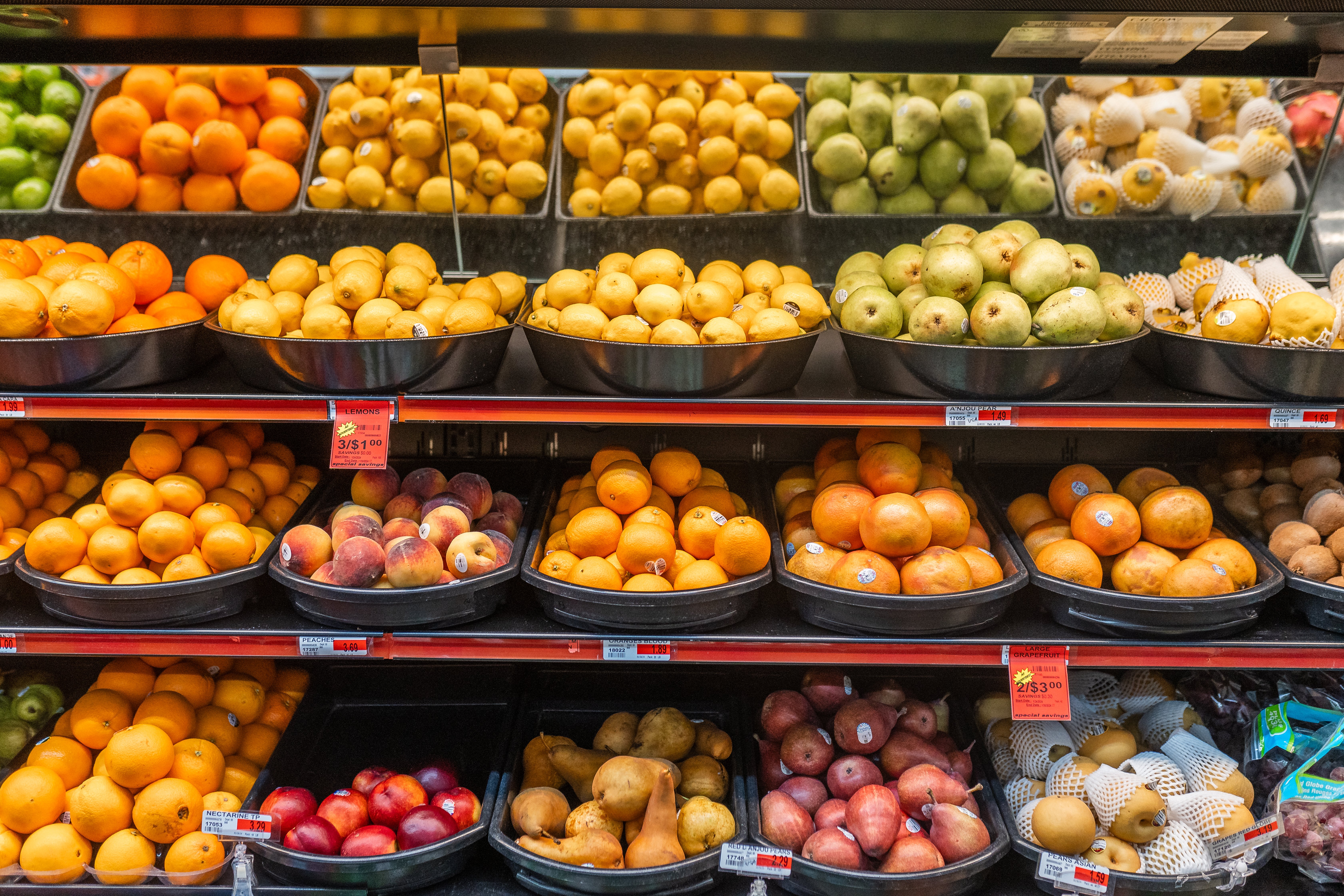Adding Fiber to Your Diet
Find out why eating more fiber is important in a kidney-friendly diet. Learn about good sources of dietary fiber and how it can help you feel your best.

Fiber is an important part of your kidney-friendly diet. It has many benefits to support your overall health. Learn more about good sources of dietary fiber and how it can help you feel your best.
What is fiber?
Fiber is found in plant foods like fruits, vegetables, whole grains, nuts, seeds, and legumes. Eating foods rich in fiber has many health benefits like:
- Improving your blood sugar levels by slowing down how quickly your body digests food.
- Protecting your heart by lowering your cholesterol and reducing your risk of heart disease.
- Helping you feel full for a longer amount of time, which can help with overeating and maintaining a healthy weight.
- Helping you have more regular bowel movements and less chance of constipation.
Managing phosphorus and potassium
You can choose foods that add fiber while still managing your individual phosphorus and potassium goals.
- Some foods like nuts, beans, and whole grains are high in fiber and are better choices than foods with added phosphates, such as processed meats, dairy, and ready-to-eat foods.
- Whole grains, beans, nuts, fruits, and vegetables contain potassium but can still be part of a kidney-friendly diet in the right portion sizes.
Including fiber on your plate
Use this list to add more fiber-rich foods to your plate. Try filling at least half of your plate with fruits and vegetables at each meal and choose whole grains when you can.
-
Fruits
Apples
Berries (strawberries, blueberries, raspberries, and blackberries)
Pears
Peaches
Plums
Pineapple -
Vegetables
Green beans
Broccoli
Carrots
Cauliflower
Cabbage
Summer squash -
Whole Grains
Oats
Whole wheat bread, cereal, pasta, and crackers
Brown rice
Barley
Popcorn
Quinoa
Shredded wheat
Bran -
Nuts and Seeds
Walnuts
Almonds
Cashews
Pecans
Peanuts
Flax seeds
Chia seeds
Pumpkin seeds
Sunflower seeds -
Legumes
Black beans
Chickpeas
Edamame
Pinto beans
Cannellini beans
Lentils
Managing fluids and fiber
Some people with CKD need to limit their fluid intake. High-fiber foods add bulk to your stool, which can lead to constipation if you're not getting enough fluids. Fluids help move waste through your digestive system.
If you're limiting fluids, your care team can help you add fiber in a safe way. They may recommend fiber-rich foods like fruits and vegetables that also contain water but may not need to be counted in your fluid total.
We are here to help
Talk to your care team about more tips for adding fiber to your diet.
This serves only as a guide. Talk with your healthcare provider for more information based on your health needs.